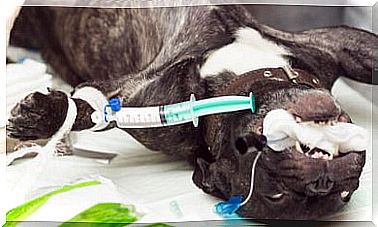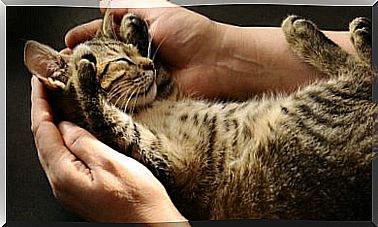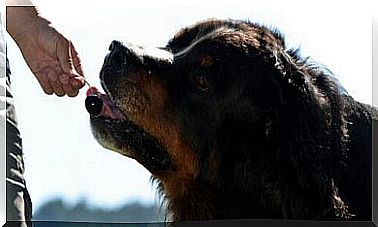Cat Vaccines: Everything You Need To Know
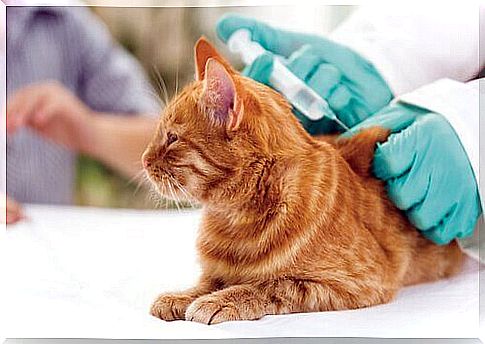
As in people, cat vaccines have the function of preventing disease: their fundamental function is to strengthen the animal’s immune system.
Vaccines have always created some controversy, due to the voluntary introduction of a percentage of the disease, the virus, into a healthy body . The purpose of this is to make the body create antibodies to fight the disease.
The case of animals is no exception to this controversy. However, most experts recommend vaccinations for cats, at the right time and age, especially for pets that tend to leave the house.
Vaccines are exact doses, completely safe. To get the right effect, on top of all that, it’s important to respect reinforcements.
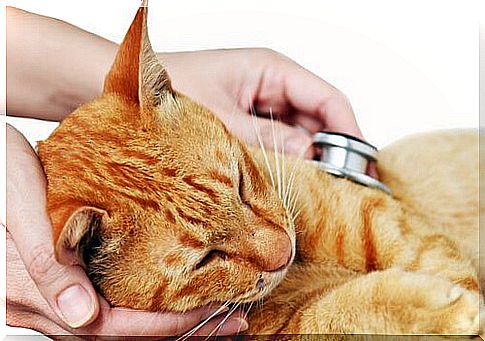
Cats are usually vaccinated as soon as they are born, but when adopting a pet, it is important to find out if it has already received its doses. Otherwise, a dose and also a booster should be given annually. The same should be done with rescued stray cats.
What are the essential vaccines
Cat vaccines are indicated for animals that live in homes, on the streets or in other situations. The function is to protect the cat’s immune system from the most common attacks.
In young cats, before vaccinating them, it is important to make sure they have already weaned. In addition, they must be dewormed, a treatment that takes place a month and a half after birth.
Another recommended action is to do a leukemia and immunodeficiency test to find out if cats are carriers of these viruses. The application of their respective vaccines will depend on it.
1. It is the animal’s first vaccine and it is considered the most important. It applies to two months of life and through it three diseases are prevented:
Panleukopenia: is a very contagious disease that is fatal in 80% of young cats. Affects white blood cells. Causes diarrhea, vomiting and even dehydration. It resembles the flu, but with greater intensity, directly reaching the respiratory tract.
- Rhinotracheitis: highly contagious. Its symptoms include eye discharge, mucus and sneezing. Unlike calicivirus, the cause of this disease is a herpesvirus.
In this sense, the trivalent vaccine must be boosted within a month of its first dose. In the case of adult cats, it is only applied once and it will be reinforced annually.
2. Before applying this vaccine, it is important to check the animal. It should only be administered to cats carrying the virus.
It is noteworthy that the first dose is administered at two and a half months of life. The booster should be given a month after he has been vaccinated.
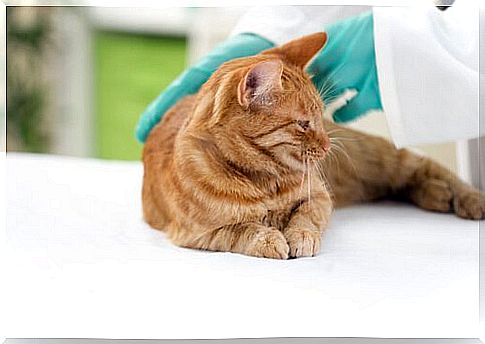
There is a combined version of the trivalent with leukemia. This vaccine can be given in cases where it is safe to vaccinate the cat against feline leukemia. In adult cats, the leukemia vaccine is given as a single dose with an annual booster.
Rabies Vaccine
3. The rabies vaccine for cats is given at four months of age and does not require a booster.
It is an optional vaccine for pets that leave the home. However, in some countries it is mandatory for all dogs and cats, so it is important to review the legislation of the country you live in to find out how to vaccinate your pet.
There are other vaccines for cats that are also recommended. Although they are not mandatory, as in the case of the vaccine against feline immunodeficiency and against infectious peritonitis, they are important.
Benefits and contraindications of cat vaccines
The main benefit of a vaccinated pet is that it is less likely to get common illnesses. Especially if it is an animal that usually leaves the house and interacts with other species.
Although there are contraindications for some vaccines, they can be avoided through some tests. The most common case is that of the leukemia vaccine. Its application in non-carrier cats can affect their immune system. It can severely harm the animal and, in some cases, cause its death.
Another side effect of this vaccine is sarcomas or malignant tumors. These usually occur in tissues, muscles or blood vessels where the vaccine was injected.
This type of tumor can also present itself because of the rabies vaccine. Therefore, it is important to take the cat periodically for a medical check-up.


